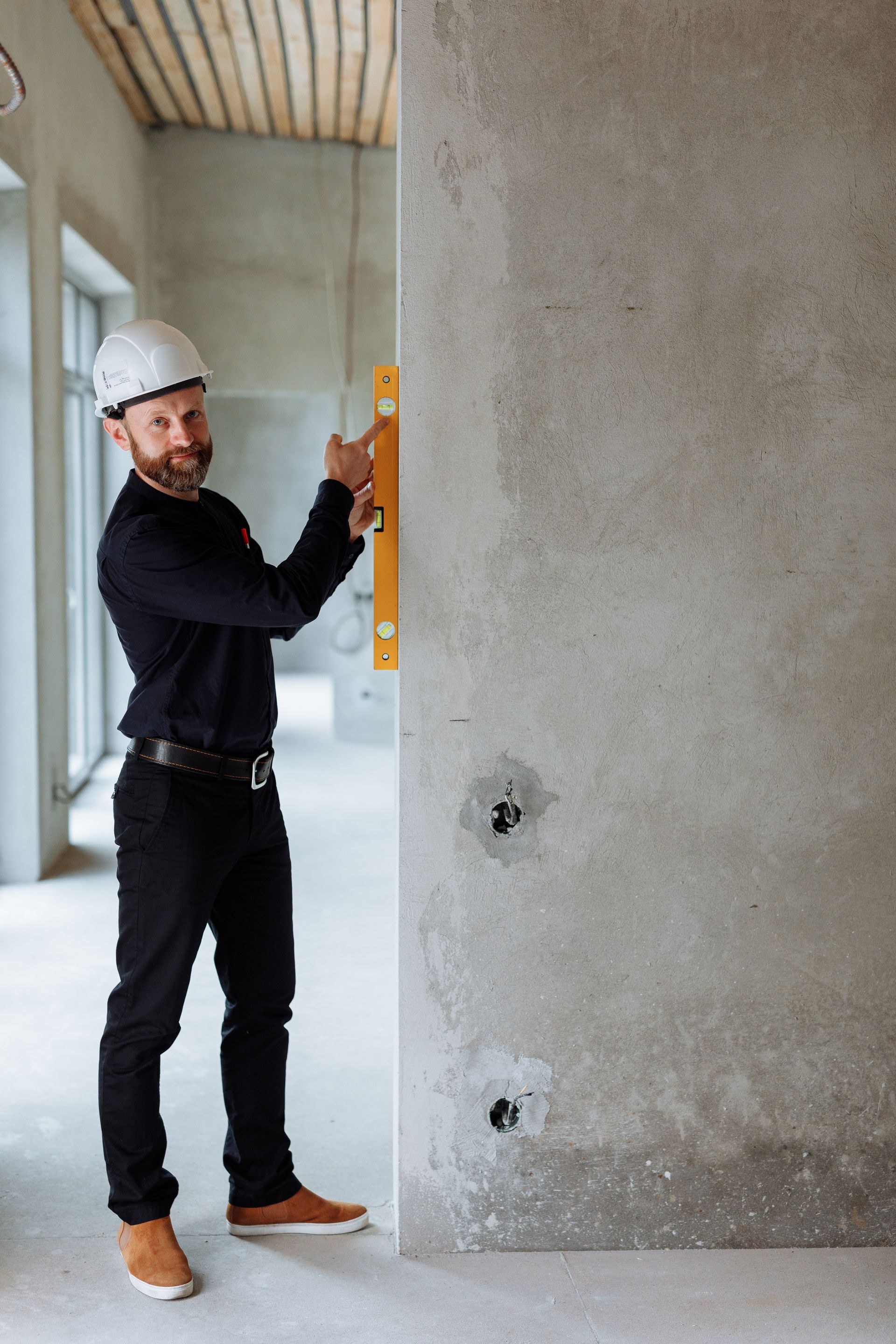Egress Systems Decoded: What Every Building Owner Needs to Know
Maximizing Safety and Compliance: A Comprehensive Guide to Egress System Installation and Replacement
In the realm of building safety and compliance, understanding the intricacies of egress systems is paramount for every building owner. These critical components, including basement egress windows, doors, and other exit mechanisms, are designed to provide a safe path of escape during emergencies. This article delves into the essentials of egress systems, covering everything from basement egress solutions to the nuances of window replacement and installation, specifically highlighting the context of Pittsburgh window and door requirements.

Understanding Egress Systems
Egress systems are an integral part of building design, ensuring occupants can quickly and safely exit in case of an emergency. These systems are not just a matter of compliance but are pivotal in safeguarding lives. The components of an egress system include doors, windows, and any other exit facilities that lead to a safe area.
Key Components:
- Basement Egress Window: A critical safety feature that provides an emergency exit and access for rescue operations in basement spaces.
- Egress Door Basement: Similar to egress windows, these doors offer an additional exit route from basement levels.
- Basement Exit Window: Often used interchangeably with basement egress windows, focusing on the exit aspect.
- Egress Window Installation and Contractors: The process and professionals involved in fitting egress windows according to code requirements.
Egress Window Compliance and Installation
For building owners, ensuring that egress windows meet local code requirements is a must. In Pittsburgh, as in many other cities, these standards dictate dimensions, opening mechanisms, and placement of egress windows to optimize functionality and safety.
Installation Considerations:
- Window Replacement Pittsburgh: Replacing old or non-compliant windows with new units that meet egress standards.
- Window Installation: The overall process of installing new windows, whether for compliance upgrades or as part of new construction projects.
- Pittsburgh Window & Door: Referring to the specific standards and requirements for egress windows and doors within the Pittsburgh area, which may include unique local codes.
Selecting Egress Window Contractors
Choosing the right contractor is crucial for ensuring that egress window installation or replacement is performed accurately and up to code. In Pittsburgh and beyond, several factors come into play:
- Egress Window Contractors: Professionals specialized in the installation of egress windows, with a deep understanding of local building codes.
- Window Replacement Companies: Businesses focused on replacing existing windows, including egress windows, to meet current safety standards.
- Window Installation Companies: These companies may offer a broader range of services, including the installation of new windows in new constructions or additions.
Basement Egress Solutions
For basement spaces, incorporating egress solutions is both a safety requirement and a value addition to the property. Basement egress windows and doors not only provide safety exits but also allow natural light and ventilation, enhancing the living quality of below-ground spaces.
Solutions Include:
- Basement Egress Window: Installation in basement areas to ensure an escape route and emergency access.
- Egress Door Basement: An alternative or complementary solution to egress windows, especially in larger basement areas.
- Basement Window Replacement: Updating or replacing basement windows to comply with egress requirements.
New Windows Pittsburgh: Enhancing Safety and Value
Incorporating new, compliant egress windows and doors can significantly impact the safety, functionality, and aesthetic appeal of buildings in Pittsburgh. When planning for new windows or replacements, consider the following:
- Aesthetic and Functional Balance: Choose windows that not only meet safety requirements but also enhance the building's appearance and functionality.
- Energy Efficiency: Modern egress windows offer improved energy efficiency, which can reduce heating and cooling costs.
- Property Value: Well-chosen and properly installed egress windows can increase the value of a property by improving safety, aesthetics, and energy efficiency.
Navigating the Complexity of Egress System Requirements
Navigating the regulatory landscape of egress systems can be complex, with requirements varying significantly from one jurisdiction to another. In Pittsburgh, for instance, the specifics of what constitutes a compliant egress window or door may differ from national standards. It's crucial for building owners to familiarize themselves with these local nuances to ensure full compliance and maximize safety.
Compliance and Legal Implications
Local Building Codes: Understanding Pittsburgh's specific building codes related to egress windows and doors is essential. These codes often detail the minimum size, type, and location of egress openings.
Permitting Process: Engaging with the local permitting process is a critical step in ensuring that all egress modifications or installations are officially approved and documented.
The Role of Technology in Egress Window Installation
Advancements in technology have significantly impacted the installation and functionality of egress systems. From cutting-edge window design to the tools used for precise installation, technology plays a pivotal role in enhancing safety through improved egress solutions.
Technological Advancements:
Innovative Window Designs: New window technologies not only meet safety standards but also offer enhanced security features, energy efficiency, and noise reduction.
Installation Techniques: Modern installation techniques ensure a perfect fit and seal, reducing the risk of leaks or drafts that can compromise the building's energy efficiency and comfort.
Maintenance and Upkeep of Egress Systems
Maintaining egress windows and doors is just as important as their initial installation. Regular checks and upkeep ensure these critical safety features remain functional and effective over time.
Maintenance Tips:
Regular Inspections: Conduct periodic inspections to check for any signs of wear, damage, or obstruction that could impede the window's or door's operation.
Functional Testing: Regularly test egress windows and doors to ensure they can be easily opened from the inside without the use of keys or tools.
Professional Servicing: Engage professionals for regular maintenance checks and servicing to address any issues promptly and ensure compliance with safety standards.
Financial Considerations and Incentives
The cost of installing or replacing egress windows and doors can be a significant investment for property owners. However, considering the safety benefits and potential property value increase, this expenditure is often justified. Additionally, there may be financial incentives available.
Building a Safer Future
The importance of egress systems in ensuring the safety and compliance of buildings cannot be overstated. By focusing on the right installation practices, staying informed about local requirements, and utilizing the latest in window technology, building owners can significantly enhance the safety, efficiency, and value of their properties. Whether it's through upgrading basement egress windows, ensuring proper maintenance, or navigating financial considerations, a comprehensive approach to egress solutions is essential for building a safer and more compliant future.
In conclusion, the installation and maintenance of egress systems are critical components of building safety and compliance. By adhering to Pittsburgh's specific codes and regulations, leveraging technological advancements, and prioritizing regular maintenance, building owners can ensure that their properties not only meet legal requirements but also offer a safe, efficient, and comfortable environment for all occupants.




